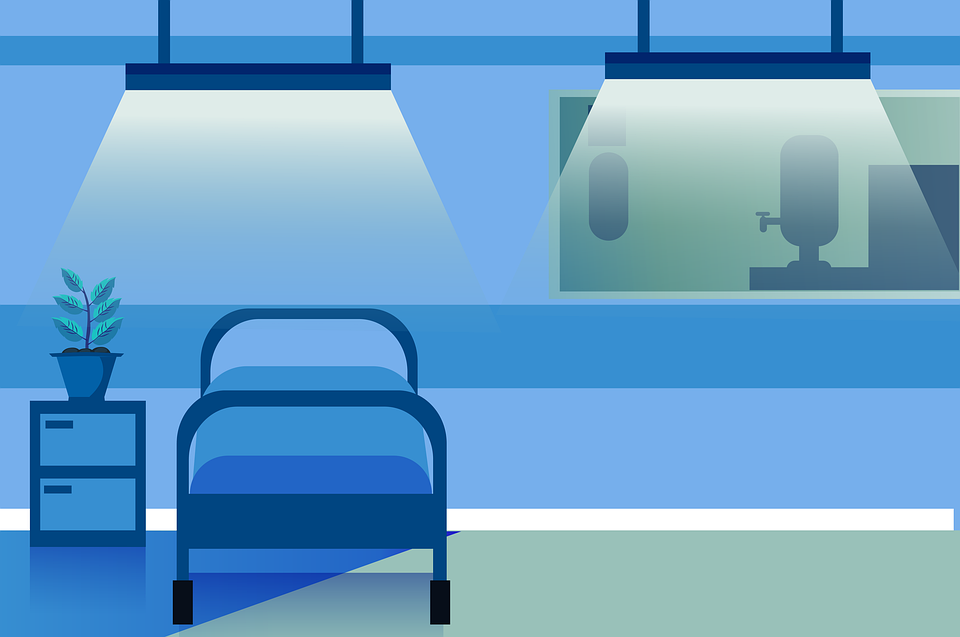Hospital for mental health: Tips to make your stay more positive

Knowing what to expect before going to hospital for mental health can be helpful. Below is some advice one of our contributors who have been to hospital. These are some of the things they wish they had known before they went.
I’ve had two inpatient psychiatric hospitalizations in my life—the first when I was 16 and in the juvenile ward. The second when I was 24 and was admitted to the adult ward. I’ve gleaned some wisdom that may be helpful if you are readying yourself to enter a behavioural unit:
1. Bring your best advocate with you. It may be your spouse, parent, close friend, or relative—someone who knows you and is familiar with your situation.
2. Breathe. Recognize that the staff wants to help you, not hurt you.
3. Be patient. It’s a process—there are steps to go through and paperwork to be completed
4. Once inside, advocate for yourself. The doctor will see you. Be honest with him.
5. Your picture will be taken, and no, they are not stealing your soul.
6. You will be in a secured unit, locked in. At times they let you out of the unit for visits or short excursions.
7. Do your best to cooperate with staff and your fellow patients. It may be a while before you are discharged, so bear in mind you are there to get better. Plus, you’ll earn extra “points” for being polite and pleasant.
8. Read your patient rights about being in hospital for mental health and understand them.
9. Your personal belongings will be inventoried, so they will take out shoestrings, belts, hoodies, nail clippers, razors, and anything else deemed potentially dangerous.
10. Don’t mind the eccentric behaviours of the other patients, they’re fighting a similar battle.
11. Accept that the insides of the building may not be the most aesthetically pleasing. (That said, don’t concentrate on abstract paintings if they have them. Abstract art is a bad idea for psychotic symptoms).
12. If you are in a state of psychosis, the TV may sound as if it’s calling your name. It’s not, but if the AV stimulation is too much, try to leave the room or focus on a different activity.
13. Be mindful of the opposite sex (or the same sex if you’re so inclined). Establish personal boundaries and adhere to them; the psych ward is not a place to start a romance.
14. Listen to the staff and don’t give them a hard time.
15. Be friendly and polite. Remember, there are human beings here with feelings.
16. Seek out a friend and get to know some people.
17. Read a book, listen to an audiobook, read a magazine. Read.
18. Give yourself time and space. You are on a journey to getting better and that takes time and space.
19. Take a photograph in your mind’s eye. Journal about it. Capture the chaotic and colourful journey. Write about it. Express yourself. Get to know who you are at this time.
20. Be kind, regardless. Don’t expect people to respect you because a) everyone’s imperfect and b) they can’t respect others if they don’t respect themselves.
21. Challenge your mind and do a puzzle, but don’t read into it—it’s just a brain exercise.
22. Take advantage of physical activity when there’s recreation time. Your body needs a physical outlet to help process the stress your mind is going through.
The admission and experience of staying in the psych ward was quite an adventure. I offer these pointers because knowing what I know now back then would have helped me get through the experience of staying in hospital for mental health with less angst. While it was at times an unfamiliar and uncomfortable place to be, it was also the best place for me and worth it for my mental health.